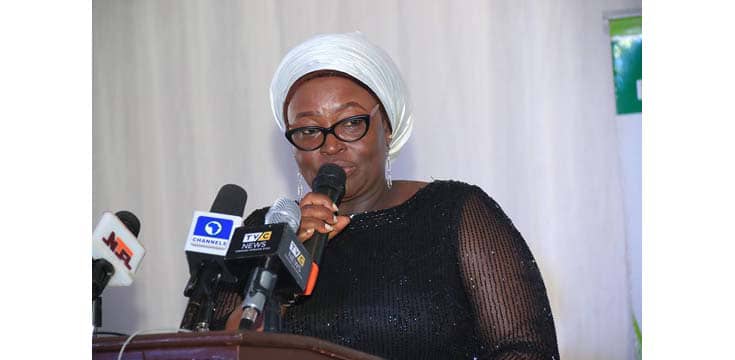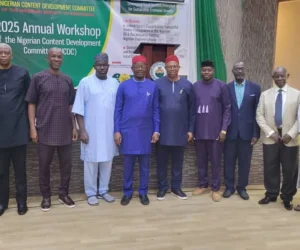By Sylvester Thompson
Dr Rose Gidado, Director, Agricultural Biotechnology Department, National Biotechnology Research and Development Agency (NBRDA), says Genetically Modified crops have global adoption with notable impacts on productivity.
Gidado said this in Abuja at a two-day workshop organised by the Open Forum on Agricultural Biotechnology (OFAB) Nigeria, under the auspices of the National Biotechnology Research and Development Agency (NBRDA).
The workshop had as its theme: “Biotechnology and Biosafety: Building Trust through Science and Facts.”
On a presentation entitled “Science of Agricultural Biotechnology” Gidado said the technology, which raised concerns about food safety, held potential to address pressing agricultural challenges faced by Africa.
She said the benefits included increased yield and food security, enhanced pest and disease resistance, climate resilience, reduced environmental impact and economic empowerment of smallholder farmers.
“Public scepticism and misinformation about GMOs are widespread in Africa, partly due to inadequate communication from scientists and policymakers.
“Concerns about health risks, environmental impact, and loss of biodiversity fuel resistance to GM crop adoption.
“To address this, it is essential to engage communities, provide transparent information, and involve stakeholders in decision making process,’’ she said.
On infrastructure and technical capacity, the expert said that successful implementation of GM crop technology required adequate infrastructure and technical capacity.
She said that African countries did not have enough resources for testing, monitoring, and scaling up GM crops.
She said building capacity for research, seed distribution, and trials were crucial to harnessing the benefits of GM technology.
Gidado said that Nigeria’s transgenic crops lines represented more than scientific breakthroughs, adding that they embodied hope, resilience and the prospect of a brighter future for millions of Nigerians.
“Harnessing biotechnology for sustainable agricultural development in Nigeria can enhance food security, improve livelihoods, and drive economic growth,’’ the director said. (NAN)(www.nannews.ng)
Edited by Uche Anunne








